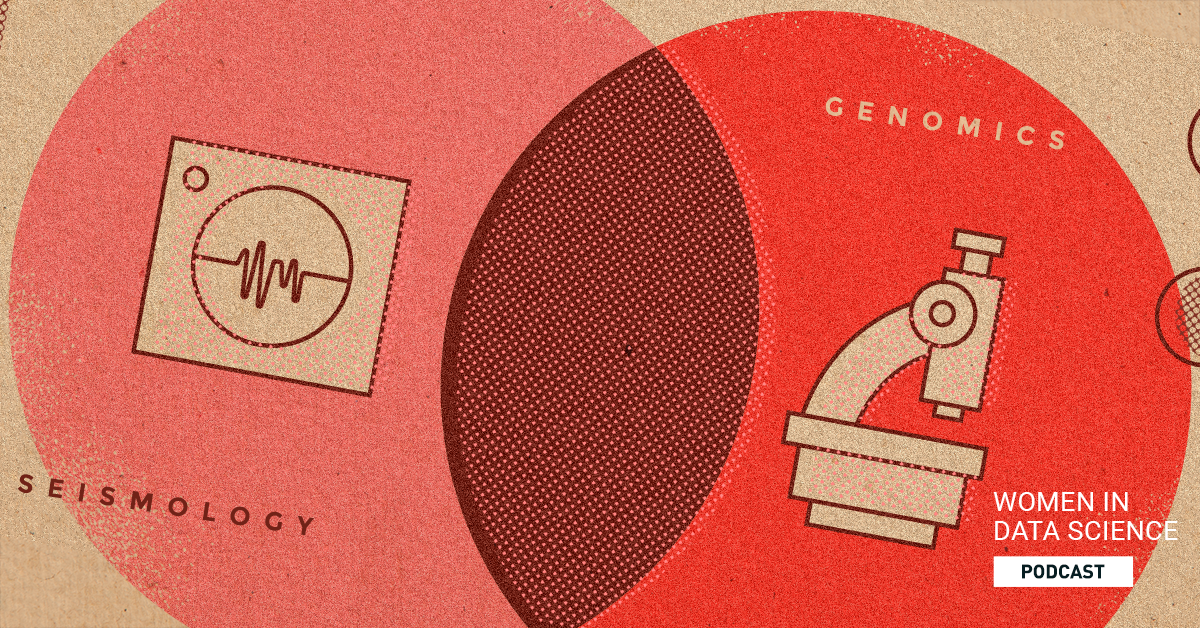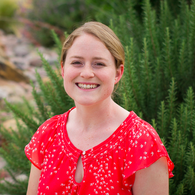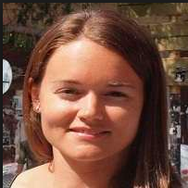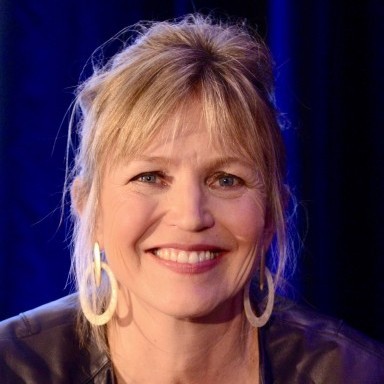Data in Seismology and Genomics Research


Virginia Tech

Stanford University
About This Episode
Finding new ways to collect data – and a willingness to share it – are the hallmarks of a career in academia, according to Eileen Martin and Nila Monnier Ioannidis, when they were at Stanford, as a PhD student and postdoc, respectively. Now, Eileen is an Assistant Professor at Virginia Tech, moving to become an Assistant Professor at Colorado School of Mines in January 2022. Nila is an Assistant Professor at UC Berkeley.
Highlights
Fiber optic cables that convey data at high speeds across the globe area is a well-known feature of modern technology. Now, university data scientists have found a unique use for them: monitoring earthquakes. Distributed across Stanford’s telecom infrastructure, the cables have become a seismic array that has already collected data on over 1,000 Bay Area earthquakes, says Eileen Martin whose PhD research focused on seismology. Martin and Nilah Monnier Ioannidis sat down to discuss the pivotal role of data in their research for the Women in Data Science podcast.
Despite coming from different fields, both researchers tout the importance of data in academic research. Genomic sequencing requires vast amounts of data, but privacy concerns mandate important restrictions, Ioannidis says. Consequently, she collaborated with outside institutions that had already amassed large stores of genomic data to understand its role in the field of genomics. Kaiser Permanente is among those collaborations; the company has already done a large-scale genomics study for Northern California. Martin says that being open with other researchers and sharing ideas is a real plus in the field, a sentiment that Ioannidis echoed. While Martin acknowledges the risk that another researcher will use the shared information, she adds, “We’re all busy trying to do our own experiments.” Their advice for students looking to pursue a career in data science within academia: look for new experimental techniques because there will always be an interesting math or computing problem to solve.

About the Host
Margot Gerritsen
Stanford Professor [Emerita] Margot Gerritsen is the Executive Director and co-founder of Women in Data Science Worldwide (WiDS) and born and raised in the Netherlands. Margot received her MSc in Applied Mathematics from Delft University of Technology before moving to the US in search of sunnier and hillier places. In. 1996 she completed her PhD in Scientific Computing & Computational Mathematics at Stanford University and moved further West to New Zealand where she spent 5 years at the University of Auckland as a lecturer in Engineering Science. In 2001, she returned to Stanford as faculty member in Energy Resources Engineering. Margot was the Director of the Institute for Computational & Mathematical Engineering (ICME) at Stanford from 2010-2018 and the Senior Associate Dean for Educational Affairs in Stanford’s School of Earth Sciences from 2015-2020. In 2022, Margot took Emerita status to devote herself to WiDS full time. Margot is a Fellow of the Society of Industrial & Applied Mathematics, and received honorary doctorates from Uppsala University, Sweden, and the Eindhoven University of Technology in the Netherlands. She now lives in Oregon with her husband Paul.
Connect with Margot Gerritsen on Twitter (@margootjeg) and LinkedIn.
Find out more about Margot on her Stanford Profile.

